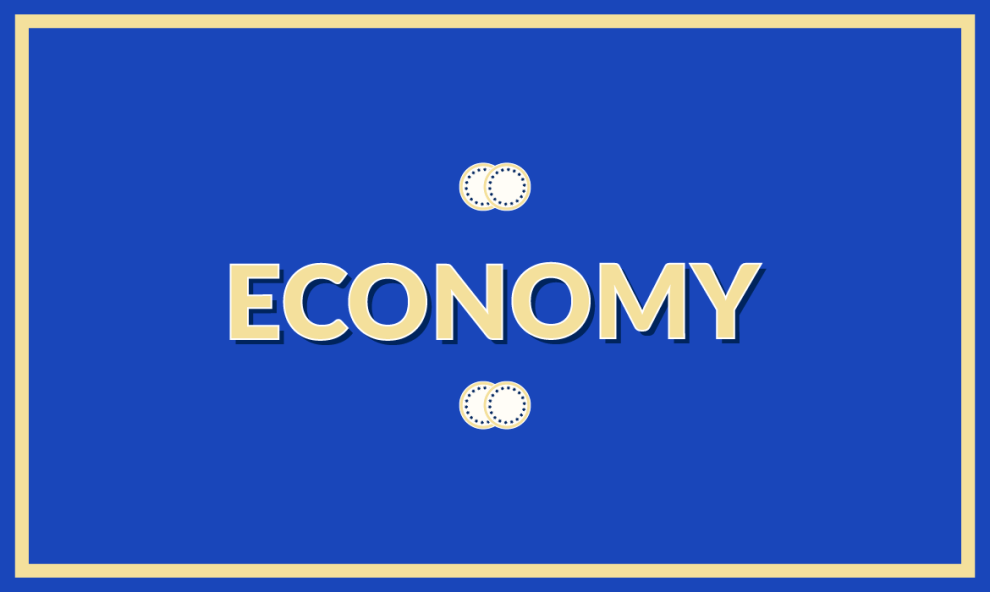An anecdote relates that Talleyrand, the great French statesman, took refuge in his home while Paris burned as a result of the disturbances ending with Louis Philippe on the throne. At long last, after three days, bells were heard, to which Talleyrand exclaimed “Ah, good, we are winning”, at which one intrepid assistant asked him: “Monseigneur, who is winning?” “Don’t say a word. I’ll tell you tomorrow”, he replied, with a half smile. We Mexicans observe, with an aftertaste of contempt and envy, the way in which Brazil has begun to sprout forth and, apparently, to transform itself into a mid-sized world power. But it is not obvious that it is going to win; much less obvious is that we may not be able to be winners like they appear to be today.
The facts speak for themselves: Brazil took off in the last decade. Its growth rate has been various percentage points superior to ours and, if we were to project its ascending rhythm in time, Brazil would have the opportunity of transforming itself into a full-fledged developed nation in a relatively brief amount of time. Many have attempted to explain what it is that has created this opportunity in Brazil, and what is lacking for Mexico to procure a similar track record. What is interesting is that the analytical comparisons that have been conducted do not cast sufficient light on what has happened in that nation with respect to ours.
México Evalúa, a public policy studies center, recently carried out a study entitled “Mexico and Brazil: Convergences and Divergences”*. The study compares all of the elements that economists have determined to be key: public finances; economic achievement; productivity; balance of payments (BOP); and the financial sector. In each instance, its objective was to understand where the differences lie so as to extract conclusions for public policy. Under some headings, we are better than they, and under others, worse: for example, productivity grows more rapidly there, but human capital is more developed here. The interesting aspect is that the study concludes with what we all know: that, although some things remain to be done (diverse reforms), the same is true in Brazil. Or, in other words, that in objective terms, the Brazilian reality is not very distinct from our own. This begs the question: If these “objective” factors are not the ones that explain the differences, which are those that do?
The Brazilian experience demonstrates that laws and reforms do not comprise the difference, although these are necessary, but rather, clarity of purpose and ironclad implementation of the latter. This implies, first, the political decision to devote the necessary force and resources to the attainment of the objective. In Brazil, they have had effective leadership, continuity of public policies, and clarity of course. It turns out that these elements are as, or more, important than those that are strictly quantitative.
What is relevant in studying Brazil (and, with all of its differences, China) lies in that it puts into perspective what is key for achieving a substantive improvement in economic performance. The crucial factors that differentiate Brazil from Mexico do not reside in specific reforms (although that is certainly part of it), but instead, in the conditions that its governments have created to make growth possible. Brazil began its reforms a little after we did, in the mid-nineties, but it has enjoyed an extraordinary privilege: continuity. President Cardoso initiated a reform process very similar to that which began in the late eighties in Mexico, and he sustained it throughout his eight years in office. Despite his radical origin and to everyone’s surprise, the president who succeeded him, Lula da Silva, not only continued along exactly the same route launched by Cardoso, but he accelerated the pace. Additionally, Lula showed himself to be an exceptional leader, capable of conferring certainty and a clear sense of direction upon the poor as well as on the rich, on urban dwellers and on those in the countryside. More than specific reforms, Cardoso and Lula accomplished giving Brazilians confidence in themselves and in the future. These are extraordinary achievements that stand in dramatic contrast to the pessimism that predominates in the Mexican scenario. Sixteen years of continuity afforded Brazil a development platform, which we have not had.
In addition to continuity, Brazil has benefited from two other circumstances that differentiate it from us. The first was the care that its elected officials took in implementing the reforms. For example, learning from the Mexican experience, they privatized their telecommunications so that that there would be much greater market flexibility and competition, in addition to making it impossible, from the outset, for a sole player to dominate the market. Soon thereafter, telecommunications became the most dynamic sector of the Brazilian economy. The other circumstance is called China. Brazil was exceptionally positioned to take advantage of the Chinese boom: as producer of foodstuffs, raw materials, and mining products, Brazil had become one of the main suppliers of inputs for the extraordinary growth of China’s economy. The sum of a good and clear development strategy and a literally infinite source, at least to date, of external financing made this small Brazilian miracle possible.
The Brazilian take-off would not have been possible without the Brazilians themselves. Public officials have assumed their responsibility, entrepreneurs invest in and wager on the future development, and all of this creates an environment in which the population shares in the enthusiasm, generating an attitude change that is simply absent in Mexico. Part of this without doubt is imprinted in the Brazilian DNA, but part also is the product of the virtuous circles that have begun to come to fruition.
The contrast with Mexico is sizeable. Here, we have become accustomed to mediocrity, to the philosophy that “it can’t be done”, and to the dependence that we inherited from the old system. As Hugo García-Michel says, “the PRI got out of Los Pinos, but not out of the soul of Mexico.” The true difference with Brazilians lies here: the citizens of that country feel free, and their government has created for them the conditions conducive for them to develop themselves. The combination has been explosive, freeing up power and resources in extraordinary fashion. While we continue to accept mediocrity, we will continue to be peons, instruments in the process of preserving the old system that benefits the status quo and that, consequently, renders long-term development fimpossible.
http://www.mexicoevalua.org/descargables/9dd557_20100709_FINAL_Mexico-versus-Brasil_.pdf
Mexico and Brazil






Comments